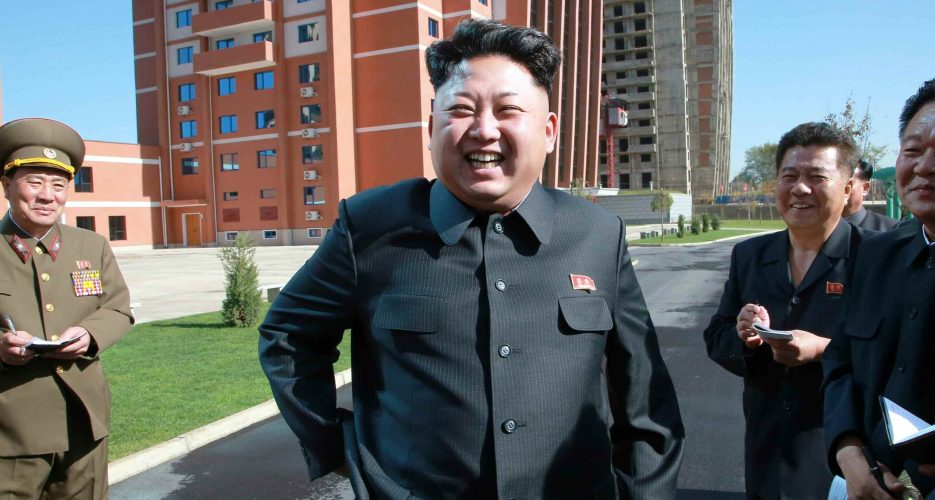How would Kim Jong Un’s removal from power affect the likelihood of North Korean violence against the United States or South Korea, and what might be done to prevent such violence?
This should be the single most important question for policymakers, and yet it seems to be the least addressed question in the public discourse on North Korea. Approaching the question as a strategist – by considering the range of potential futures based on extant evidence – would empower Korea watchers to transcend the status quo bias that so often plagues Korea analysis and structure an approach to the question that allows us to avoid both speculation and point predictions. Upon examining the range of potential North Korean leadership futures, the two types of scenarios most likely to give rise to North Korean violence are a military takeover and an internal competition for power involving competing factions.
How would Kim Jong Un’s removal from power affect the likelihood of North Korean violence against the United States or South Korea, and what might be done to prevent such violence?
This should be the single most important question for policymakers, and yet it seems to be the least addressed question in the public discourse on North Korea. Approaching the question as a strategist – by considering the range of potential futures based on extant evidence – would empower Korea watchers to transcend the status quo bias that so often plagues Korea analysis and structure an approach to the question that allows us to avoid both speculation and point predictions. Upon examining the range of potential North Korean leadership futures, the two types of scenarios most likely to give rise to North Korean violence are a military takeover and an internal competition for power involving competing factions.
Become a member for less
than $5.75 per week.
Unlimited access to all of NK News: reporting, investigations, analysis
The NK News Daily Update, an email newsletter to keep you in the loop
Searchable archive of all content, photo galleries, special columns
Contact NK News reporters with tips or requests for reporting
Get unlimited access to all NK News content, including original reporting, investigations, and analyses by our team of DPRK experts.
Subscribe now
All major cards accepted. No commitments – you can cancel any time.












